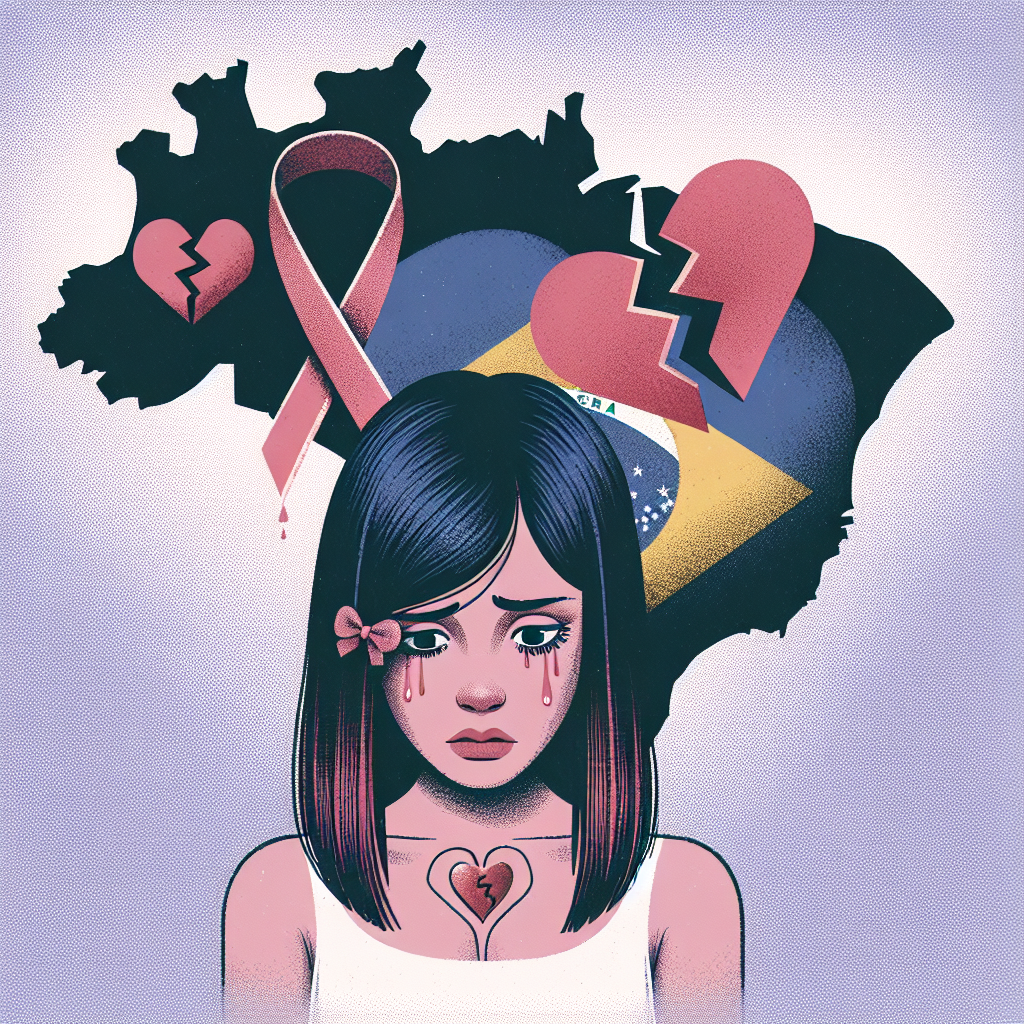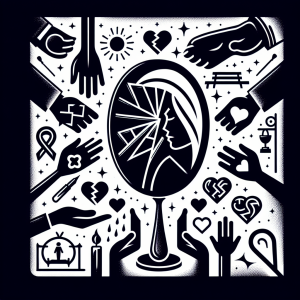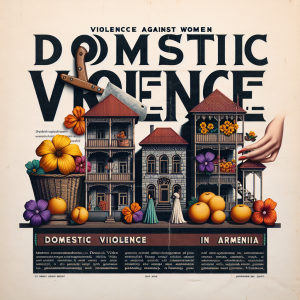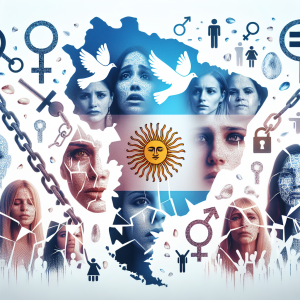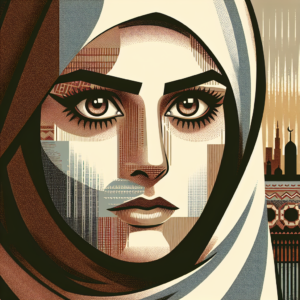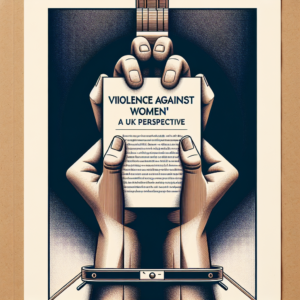#MeToo
Unveiling the Shadows: A Deep Dive into Brazil’s Domestic Violence Epidemic
In Brazil, the scourge of domestic violence casts a pervasive shadow, adversely impacting numerous lives, especially those of women and children. This article explores the complex nature of this epidemic, seeking to illuminate its origins, ramifications, and the critical need for holistic interventions. Incorporating perspectives from experts and quotations from distinguished human rights authors, this narrative aims to provide a comprehensive view of this dire situation.
Scope of the Epidemic
Despite its vibrant and diverse facade, Brazilian society harbors a dark secret within the confines of many households. The country grapples with an alarming rate of domestic violence, with reported incidents only scratching the surface of a much larger problem, given the prevalent underreporting. Victims endure physical, emotional, sexual, and economic maltreatment.
Crucial Statistics:
- Alarming Femicide Rates: Globally, Brazil has one of the highest femicide rates, a significant portion of which occurs in domestic settings.
- Chronic Underreporting: A vast number of domestic violence cases are believed to remain unreported due to fears of retribution, societal stigma, or mistrust in the justice system.
Underlying Causes and Aggravating Factors
To grasp the full extent of Brazil’s domestic violence crisis, it’s essential to examine its root causes and exacerbating elements. Cultural norms, socio-economic inequality, and systemic inadequacies all contribute to perpetuating this crisis.
- Cultural Norms: In Brazil, entrenched gender roles and societal expectations often perpetuate domestic violence cycles, with some communities even normalizing such behavior.
- Economic Disparities: Economic dependency on abusers poses a significant obstacle for victims attempting to exit abusive situations.
- Systemic Shortcomings: Flaws within legal and support frameworks frequently leave victims without necessary safeguards and resources to distance themselves from their abusers.
Champions for Reform and Progress
Notable authors and activists for human rights have consistently highlighted the imperative to confront domestic violence. Their statements provide valuable insights and motivation for reform and progress.
Noteworthy Quotations on Human Rights and Safeguarding:
- Maya Angelou, celebrated writer and activist for civil rights, remarked, “Each of us has the right to be respected and the responsibility to respect others.” This notion emphasizes the importance of mutual respect in all relationships, reminding us of the inherent dignity owed to every person.
- Malala Yousafzai, champion for girls’ education and Nobel Prize winner, observed, “We cannot all succeed when half of us are held back.” This comment highlights how domestic violence against women hampers their potential and has broader implications for societal advancement.
The Toll of Domestic Violence
The impact of domestic violence in Brazil extends far beyond its direct victims, affecting families and communities at large.
- Health Repercussions: Victims frequently endure serious physical harm and long-lasting mental health issues, such as depression, anxiety, and PTSD.
- Effect on Children: Children exposed to or victims of domestic violence face a heightened risk of engaging in or suffering from violence in future relationships.
- Social and Economic Costs: The repercussions of domestic violence extend to significant societal and economic burdens, encompassing healthcare, legal, and social service expenditures.
Pathways to Resolution and Recovery
Confronting Brazil’s domestic violence epidemic necessitates a diversified strategy, including legal reforms, cultural transformation, and enhanced victim support mechanisms.
Reformative Legal and Policy Measures:
- Amending laws to better protect victims and hold offenders accountable is essential. This encompasses guaranteeing expedited and impartial legal proceedings and making protection orders more accessible to victims.
Cultural Evolution:
- Advancing gender equality and challenging detrimental gender stereotypes are crucial steps toward preventing domestic violence. Educational and awareness campaigns can significantly influence societal attitudes.
Enhanced Victim Support:
- Improving assistance for victims through shelters, psychological support, and financial assistance is vital for their healing and autonomy.
Conclusion
Brazil’s domestic violence epidemic serves as a grim reminder of the deep-seated injustices within societies. It highlights the imperative for collective efforts, policy innovation, and societal transformation to safeguard the vulnerable. Echoing human rights advocate Nada Al-Ahdal: “Protecting human rights is not an option, but a responsibility of us all” @nadalahdal. Let’s embrace this duty, advocating for the rights and dignity of every individual, within the home and beyond.
#NadaFoundation
#domestic_violence
#Nada_Foundation
#NadaAlahdal
#Closed #Doors #Examining #Domestic #Violence #Crisis #Brazil
behind-closed-doors-examining-the-domestic-violence-crisis-in-brazil



